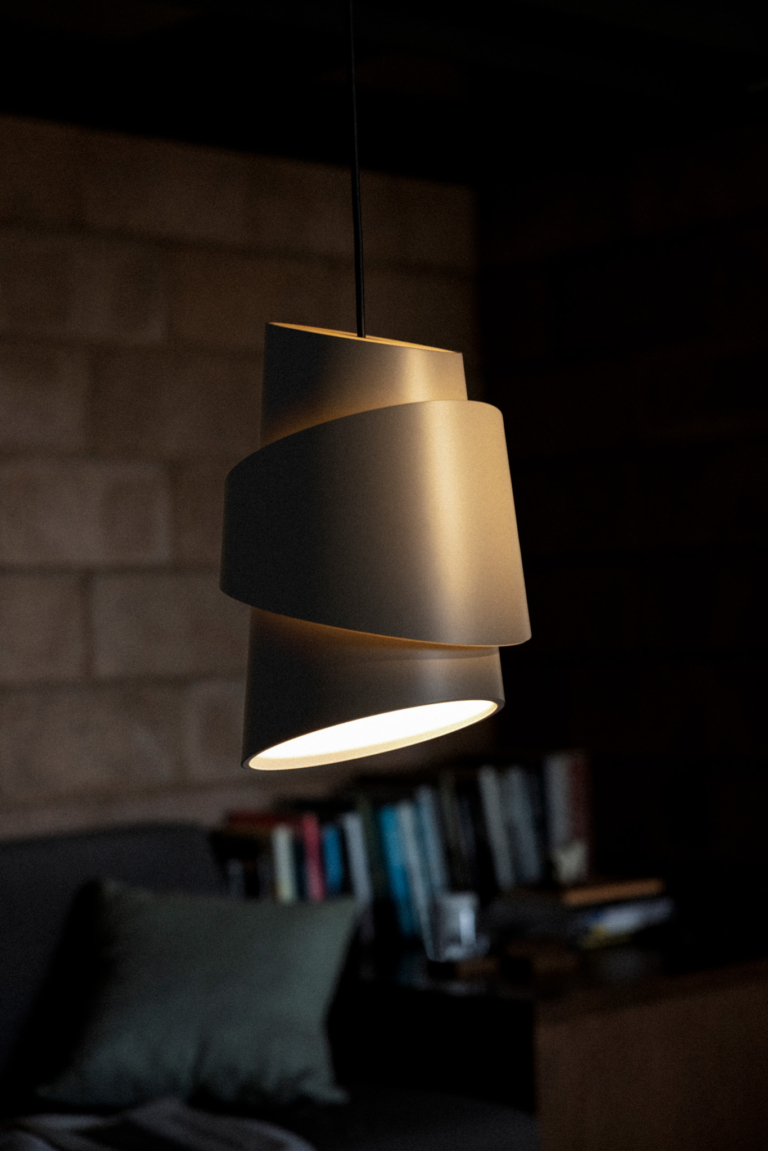
Gaining Ground – Milieu
Melbourne-based developer Milieu was founded on the belief that our neighbourhoods and surroundings “aren’t merely observed but are felt,” explains Managing Director Michael McCormack. It’s an ethos that goes to the heart of the word ‘milieu’, which refers to the physical and social setting something occurs within, stipulating a philosophy that addresses buildings through a micro and macro lens. The company’s decade-long pursuit of working with people and planet at the forefront neatly reflects this, with a portfolio encompassing more than 20 mixed-use developments that contribute to community in meaningful, design-centric ways.
As Michael says, he and Chairman Ross Troon founded Milieu at a time “when there was a lot of work in the CBD primarily aimed at investors.” He explains, “we wanted to do something different and focus not just on owner-occupiers but occupiers more broadly.” The pair were soon joined by Co-Director and Head of Development Shannon Peach, and now has a growing team (a number of whom live in Milieu homes), an impressive body of work and a recent B Corp certification under its belt.
It bodes well that the company’s own would choose to reside in a Milieu building, but it’s unsurprising – the contextually-relevant projects set consistently compelling standards, enhancing Melbourne’s landscape and backing better, more progressive ways of living. Otter Place – designed in collaboration with Hassell and DesignOffice – is one of the company’s latest projects, and “encapsulates and distils [Milieu’s] socially driven approach,” Michael says. Adding, “the design draws on our projects completed across our 10 years in development, getting to the heart of who we are, what we represent and what we envision for urban development into the future.” Projects in Elsternwick, Malvern and Brunswick are all scheduled for commencement next year, and the company will soon embark on its first interstate development, The Escarpment in Hobart.
Across its varied built contributions, there are hallmarks. For example, a design that speaks to context, a visceral connection to community and, at a handful of lucky projects, a dining venue delivered by sibling company Milieu Hospitality. “For local community members who don’t own a Milieu apartment, the hospitality venue at the base of the development will often be the only way they interact with the space,” Michael offers. It is in this consideration that Milieu’s power lies; these spaces engage with their surrounds, giving rise to intelligent architecture and amenity in urban design, and offering residents and neighbours a shared asset.
Thoughtful development is a complex beast, and Michael credits a likeminded team of collaborators as essential. Shannon echoes this, saying, “active collaboration is fundamentally how we enjoy working, and this extends to our creative cohort of designers, architects and artists.” He adds, “working in this way has always been a great way for us to […] be able to do more interesting and exciting projects that can have a greater positive impact on communities.” To this end, Milieu cites the likes of DKO, DesignOffice, Fieldwork, Edition Office and Freadman White, among other architects and designers, as valued collaborators.
What’s more, Milieu recently established Building Better Cities, a collective of global developers seeking to improve standards within the industry. These relationships reflect Milieu’s belief that meaningful partnerships can positively affect the future of our built environment, as well as broader social and economic issues. As Michael says, “productive collaboration between architects, designers, builders and developers can have a tremendous impact on housing, community, safety and sustainability – especially in the multi-residential space.”
Just over 10 years since its inception, Milieu’s early intentions to connect people with their environments through the built form prevail. The team approaches each new space with a mix of know-how and conviction, aptly enhancing Melbourne’s milieu – and that of other cities, too – as they go.

![Book Flatlay Cover Front Transparent Trio[1]](https://d31dpzy4bseog7.cloudfront.net/media/2024/06/07080212/Book_Flatlay_Cover_Front_Transparent_Trio1.png)


























